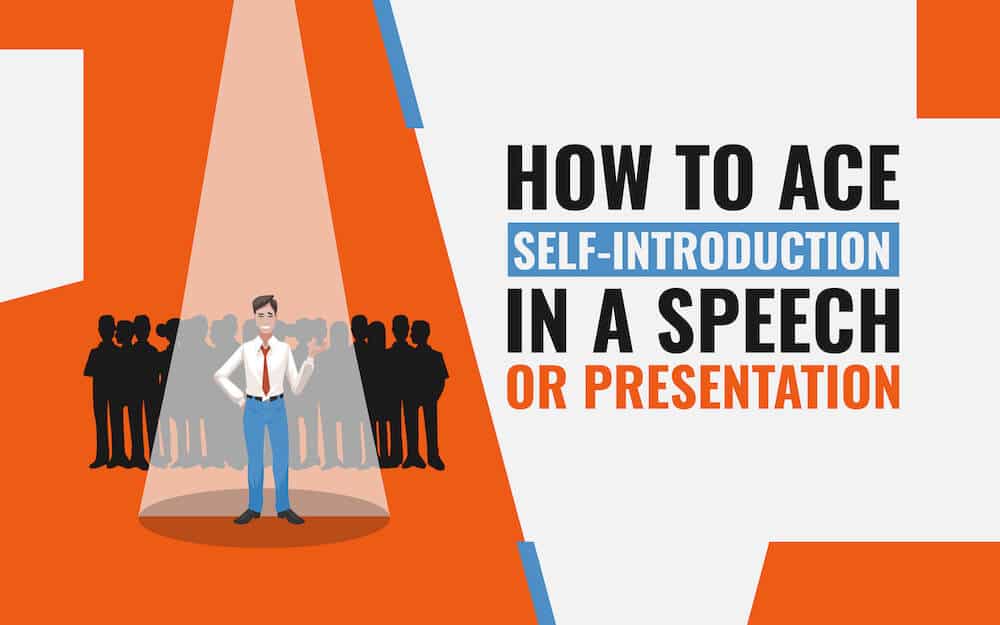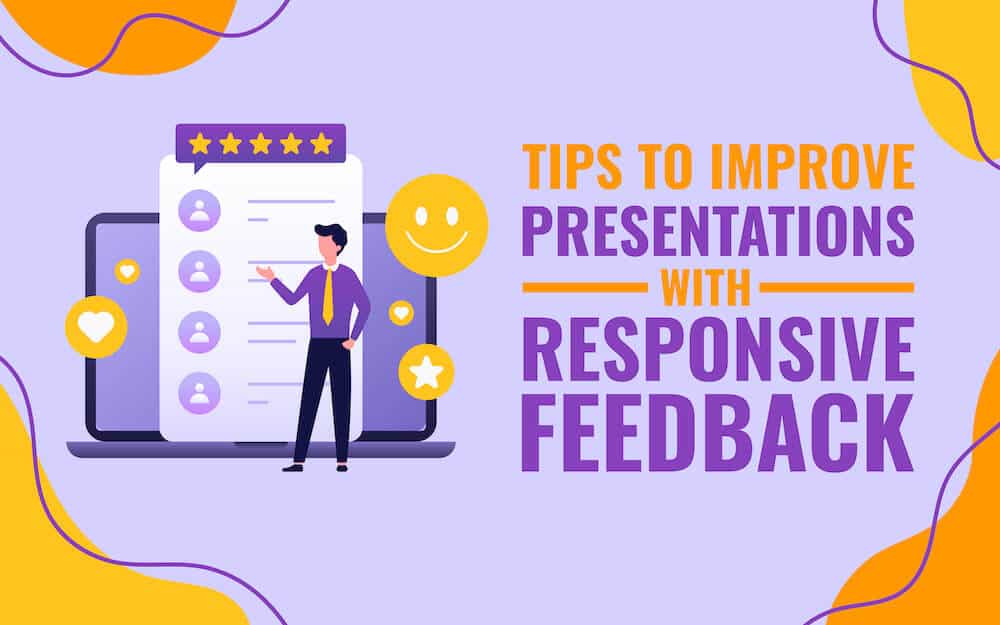
I recently saw an ad for a movie. The trailer said something like: What you are about to see is the truth. Yet it is fiction. What does this have to do with the secret formula for successful presentations? First there is no such thing as a secret formula, a spell you can cast to assure an excellent presentation. On the other hand, there definitely is a secret formula.
The secret formula is taking what you probably already know and applying it to your presentations. I like to break this down into what I call “The Four Ps’:
- Preparation
- Precision
- Practice
- People
Preparation
The preparation should begin a long time before you start putting notes on paper or try recording what you’re going to say. The first thing to consider is that you have a topic you enjoy, one in which you have a strong interest and/or a strong opinion.
The next things to consider are: “Why me?” and “Why this topic?” What is the reason you were chosen or volunteered to give this particular presentation? There has to be a good reason. You’re an expert on the topic; you’re very much interested in the topic, or you’re well-known in the area you’re going to speak about. If you are an expert or know a lot about the topic, you certainly shouldn’t have a problem with self-confidence. You know more about the topic than at least most of your audience, so they want to learn something. They’re receptive to what you want to say.
Next, you need to decide exactly how to approach the topic. What do you want to say about it? Suppose you’re speaking about ecology. Do you want this to be an informative speech about the state of the earth right now? Or do you want to motivate people to stop polluting? In other words, why are you giving this particular speech? What is the major theme, the central idea, the point you want to make? Make this an initial part of the planning.
Next comes the research. Even though you’re an expert on a topic or have accomplished a lot in a particular area, this doesn’t mean you know everything you should about the topic. But do online or library research, for instance. Interview other experts in the topic. Do whatever it takes so you know you’re as prepared as you can be.
Precision
Preparation and precision overlap somewhat in that you’ve already chosen an approach to your topic—informative versus motivational, for instance. But being precise means narrowing the topic so it isn’t unwieldy. If you choose a topic that’s too broad, you simply can’t cover it adequately, and there may be a lot of “ho hum” reactions from your audience. Let’s once more take the topic of ecology. Suppose you settle on pollution. Well, that’s a very broad sub-topic. Are we talking about air pollution or water pollution? Industrial waste? Hospital waste? Nuclear pollution? Or any one of dozens of other sub-topics. Suppose you decide on nuclear pollution or radiation. You still have choices. Are you going to speak about the need for nuclear facilities to take better care, to be better prepared, to be sure their sites are secure? Or are you going to try to persuade your audience that all nuclear plants should be closed because they’re unsafe? Or maybe you want to talk about the disposal of nuclear waste? That’s a broad topic too.
Of course, you have to consider your audience? Who are they? Where are they from? What age are they? How much do they already know about the topic? Certainly, you can’t know everything about them, but you can try to find out as much as you can. Then don’t give a generic speech. Relate it to the wants and needs of your listeners. If they’re college age, you’d angle the speech differently than if you were to talk to senior citizens.
Practice
Generally, the more often you give a live presentation, the more self-confident you become until finally you’re an old hand at it, and it doesn’t bother you anymore to appear before an audience. Of course, there’s still that nervous energy you should experience, but it should work for you, not against you. To be nervous means that you care that your presentation is a good one.
That’s one sort of practice – experience in speaking. But you also need to practice each particular speech until it’s almost second nature to you. Yes, there are people who can give excellent impromptu speeches without any planning. But they’re pretty rare creatures. We’ll assume you’re not one of them. So what you need to do first is practice your speech by yourself – in front of a mirror, with a video camera going, with a tape recorder – whatever works well for you. Once you feel confident, find a live audience – friends, family, or neighbors. Advise them ahead of time that you want their honest opinion.
People
The most important advice I can give you is: Think about your audience; forget about yourself. I’m sure you’ve all been engrossed in something – a hobby, a movie, a sports event—that you forget entirely about yourself and think only of the activity. You’re startled when you discover how much time has passed. The same thing should occur when you give a presentation. You should be so involved in what you’re saying to an audience that nothing else matters at the time. Of course, you should present a good appearance; you should make sure you aren’t standing like a statue. But most important is your audience, not you. Interestingly, it’s only in this way can you really project yourself to the listeners. Don’t speak “at” them; communicate with them. Pay attention to them and their reactions and respond.
So there you have it…or not! Is it a secret formula, or is it just common sense. It’s up to you to decide.



